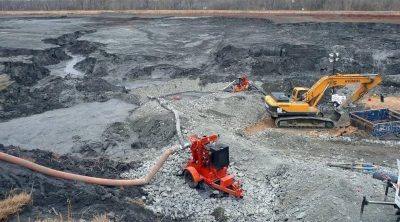Front Porch Blog
Updates from Appalachia

NCDENR needs to step up
Since the Dan River coal ash catastrophe of February 2014, there’s been more foot-dragging than problem-solving by Duke Energy and DENR to solve the state’s coal ash crisis. But citizens like Amy Brown are keeping the pressure on, and Appalachian Voices is right there with them.
A Tennessee homecoming for energy savings
It ain’t easy living on bottled water
DENR is a “BOOR”
The N.C. Department of Environment and Natural Resources is acting like–to use its own term–a “bureaucratic object of resistance.” The agency’s creative interpretation of its mission statement is just one reflection of the McCrory administration’s broader hostility to the notion that public servants have a responsibility to protect the natural resources and therefore the public health and welfare of the Tar Heel state.
Coal Ash: It’s not just toxic, it’s radioactive!
This week, a study conducted by Duke University was published in “Environmental Science and Technology” which concluded that coal ash is more radioactive than its parent coal or soil, and that the radioactivity may exceed safe levels for human exposure.






